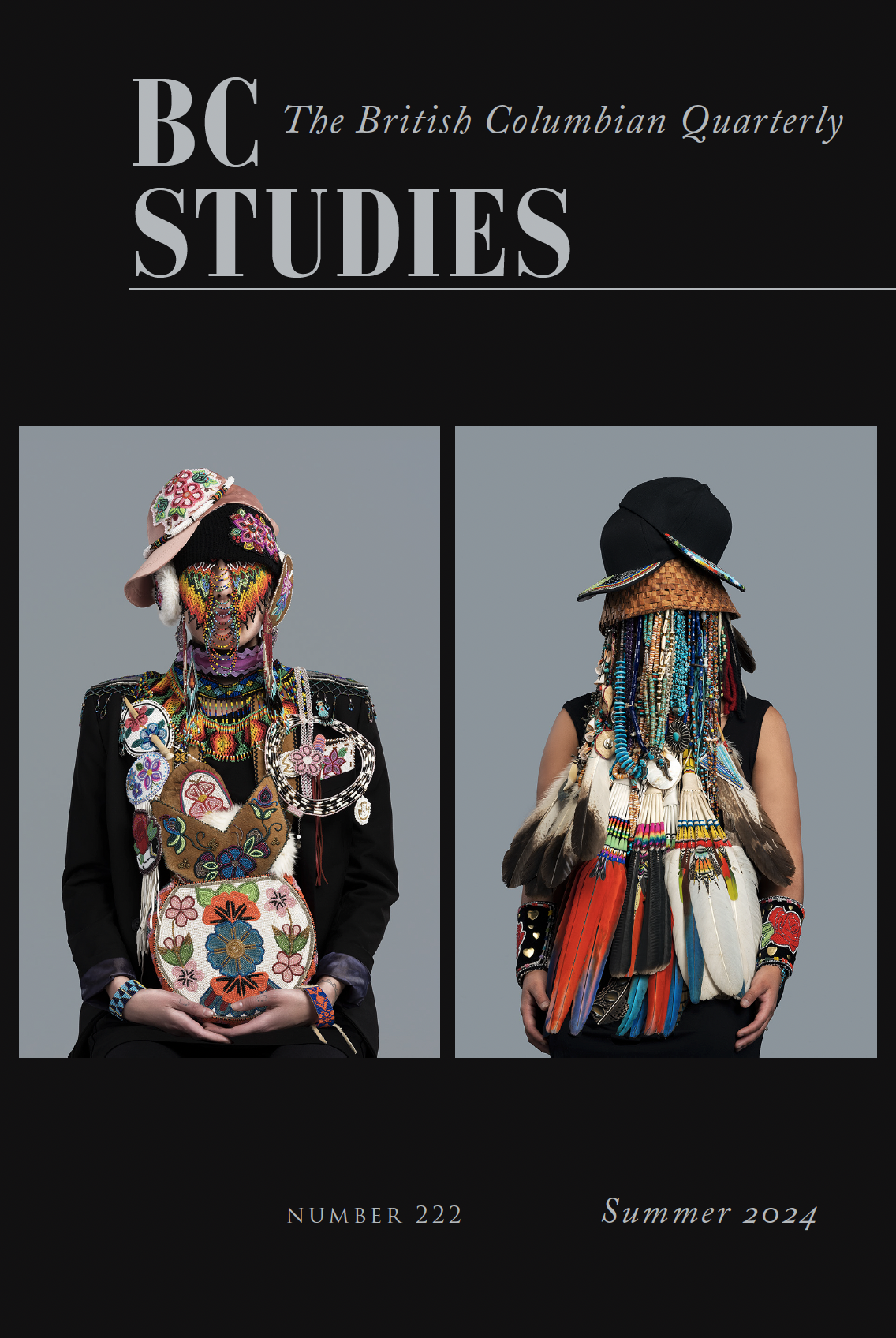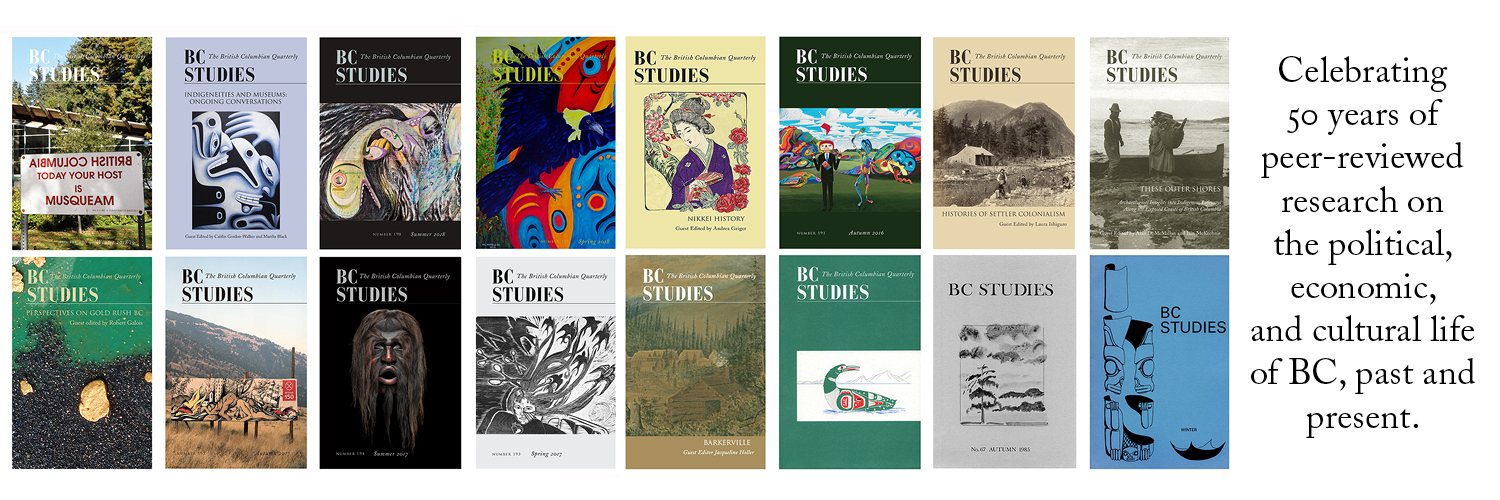Challenging the Presupposition of Rural Inferiority through Adaptive Capacity
Community Economic Development in the Keremeos Area of British Columbia
DOI:
https://doi.org/10.14288/bcs.no222.198598Keywords:
Syilx, sustainability, economic development, resource townsAbstract
How do community economic development actors in rural settings view prospects for community-led development? This question has been asked in the rural development literature across diverse contexts. This study contributes to this body of work through a case study of community economic development in the Keremeos area of British Columbia. It draws on descriptive statistics, document analysis, and semi-structured interviews of local development actors, including Indigenous leadership, in order to understand the local development landscape. The findings indicate that institutional arrangements presuppose and eventuate rural inferiority and decline, and impose externalities with which rural communities must contend while, at the same time, failing to provide similar measures of in-kind support to mitigate such impacts. In response, community members in the Keremeos area seek to forge their own development pathways.
This article was adapted from the lead author’s 2022 master’s thesis titled “Prospects for Endogenous Development: Understanding Community Capacity in the Keremeos Area of British Columbia.” Readers interested in seeking a more in-depth discussion of the topics raised in this article may read this thesis online at http://hdl.handle.net/1828/14249.



